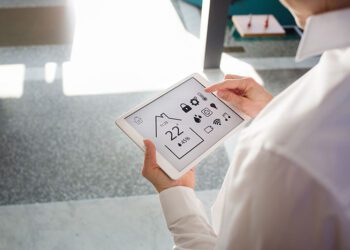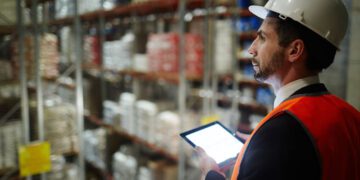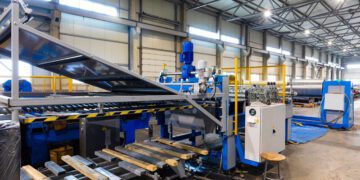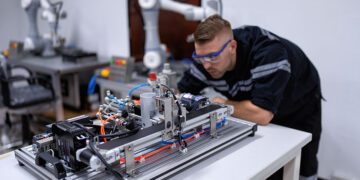As global temperatures rise and urban centers become more densely populated, the demand for effective cooling solutions has surged. Both refrigerators and air conditioners, staples in modern households, are undergoing groundbreaking transformations, fueled by technology and sustainability demands. The next generation of these cooling appliances promises not just to cool but to do so efficiently, sustainably, and smartly.
“The future of cooling isn’t just about battling heat, but about innovating in harmony with our environment and lifestyle.”
Emerging Innovations in the Cooling Industry
- Eco-Friendly Refrigerants: Traditional refrigerants have been notorious for their contribution to global warming. The next-gen appliances emphasize eco-friendly alternatives that have minimal environmental impact.
- Energy Efficiency: With rising energy costs and environmental concerns, manufacturers are pushing the boundaries to create appliances with higher energy efficiency ratings, employing advanced compressors and improved insulation.
- Smart Connectivity: Both refrigerators and air conditioners are joining the IoT brigade. These connected appliances can be controlled remotely, adjust settings based on external conditions, and even predict maintenance needs.
- Customizable Cooling Zones: The future refrigerators offer separate zones with customizable temperatures, ensuring optimal cooling for different types of food.
- Air Purification Integration: Modern air conditioners are evolving to serve a dual purpose—cooling and purifying the air, equipped with HEPA filters and UV light to remove contaminants.
- Variable Cooling: Instead of a constant temperature, next-gen air conditioners can vary cooling based on the number of occupants in a room or the body temperature of individuals.
Driving Forces Behind these Innovations
- Environmental Concerns: The growing emphasis on sustainability and the adverse effects of global warming have driven manufacturers to adopt greener technologies.
- Consumer Expectations: As consumers become more tech-savvy and environmentally conscious, their demands for smarter and greener appliances have grown.
- Technological Advancements: Breakthroughs in AI, IoT, and material sciences play a significant role in the evolution of cooling appliances.
Challenges in the Path of Innovation
- Cost Implications: Advanced features and eco-friendly materials can drive up the production costs, potentially making the appliances less affordable.
- Maintenance Complexity: As appliances become more advanced, their maintenance might require specialized knowledge, making DIY repairs challenging.
- Market Adaptability: Introducing radical changes requires consumer adaptability, which can sometimes be slow, especially in traditional markets.
Conclusion
The innovations in cooling represent a harmonious blend of technology, environmental responsibility, and user-centric design. As refrigerators and air conditioners of the future make their way into homes, they signify a giant leap towards a cooler, cleaner, and smarter tomorrow.




















